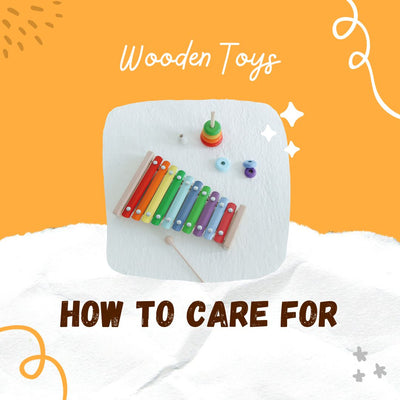Playtime is more than just a fun-filled activity for children. It is a crucial component of their overall development and growth. Play allows children to explore, learn, and develop important skills that serve as building blocks for their future. We will look into the various ways in which playtime enhances child development and why it should be prioritised in every child's life.
-
Cognitive Development: Playtime engages children in various activities that stimulate their cognitive abilities. Whether it's building blocks, solving puzzles, or engaging in imaginative play, children are constantly using their minds to understand and make sense of the world around them. Playtime helps develop their problem-solving skills, creativity, critical thinking, and decision-making abilities. It encourages them to experiment, ask questions, and seek answers, which lays the foundation for their intellectual growth.
-
Social and Emotional Development: Through play, children learn invaluable social and emotional skills. Playtime offers them opportunities to interact with their peers, negotiate, share, and cooperate. They develop empathy, learn to take turns, and practice conflict resolution. Play also allows children to express and regulate their emotions, helping them understand and manage their feelings effectively. These social and emotional skills acquired through play contribute to healthier relationships, better communication, and increased self-confidence.
-
Physical Development: Active playtime, such as running, jumping, climbing, and playing sports, promotes physical development in children. It enhances their motor skills, coordination, balance, and overall fitness. Engaging in physical play not only strengthens their muscles and bones but also improves their cardiovascular health. It lays the foundation for a healthy lifestyle and encourages children to enjoy physical activity throughout their lives.
-
Language and Communication Skills: Playtime provides children with opportunities to develop their language and communication skills. Through pretend play, storytelling, and engaging in conversations with peers and caregivers, children expand their vocabulary, improve their articulation, and enhance their listening and comprehension abilities. Play encourages children to express themselves verbally, fosters their imagination, and fuels their curiosity, all of which contribute to their language development.
-
Problem-solving and Adaptability: Playtime often presents children with challenges and obstacles that require problem-solving and adaptability. Whether it's building a tower, figuring out a puzzle, or inventing new rules for a game, children constantly encounter situations that require them to think critically, analyze, and find solutions. Through play, children develop resilience, flexibility, and the ability to adapt to different situations, preparing them to face challenges in their academic and personal lives.





